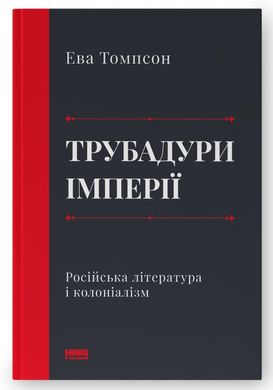Readers have long recognized that Western literature reflects the social, political, and cultural structures that favored colonial masters and their point of view. In both popular and scholarly usage, colonies are territories whose conquest requires travel overseas. Because russia's contiguous colonies have generally been viewed as gradual and legitimate enlargements of russian territory and ethnicity, russian literature has escaped the scrutiny given to Western literary works. This volume argues that russia's acts of territorial expansion are a form of colonization, and it employs postcolonial theory to explore russian literature and the power structures reflected in it.
The volume initially overviews issues of nationalism and imperialism and the failure of literary critics to treat russia as a colonial power. It then places russian literature within the context of postcolonial theory and discourse. It examines the rhetorical techniques that enabled Pushkin and Lermontov to create a repertoire of colonialist perceptions and stereotypes; it argues that Tolstoy's War and Peace provided russian culture with its first and arguably most magnificent expression of national self-confidence; and it analyzes the imperial habits of russian culture manifested in the novels and stories of Anatolii Rybakov and Valentin Rasputin. The book additionally looks at Solzhenitsyn's Cancer Ward; various works of nonfiction, including history textbooks; and the efforts of recent writers to undermine russian imperialism.

